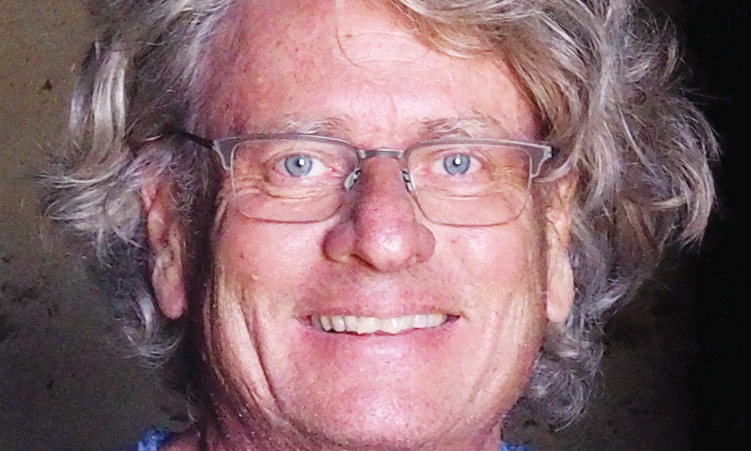Every so often we are reminded that Namibia imports more than 80% of all products we consume and buy.
One reason is that we are condemned to consumerism by predominantly town planning regulations.
This is particularly the case when it comes to town planning schemes applicable to all our settlements – these schemes actively prevent us from becoming producers and innovators.
These schemes do not allow for industrial activities to be conducted within business or office zones, let alone residential areas.
SPACED OUT
Specifically, in the latest Windhoek draft Town Planning Scheme, “business premises or buildings”, i.e. business-zoned areas, are defined as ”a site or structure on or in which business is done and includes…”, among others, “offices, financial institutions or restaurants…” but DOES NOT include industries, noxious trades”.
Thus, industries are specifically excluded without even with an option of consented use by council.
Offices are defined as “a room or set of rooms or a building utilised for the performance of an administrative function…”, among others.
A coffee shop, restaurant and specifically business building are permitted ONLY as “consented uses” upon written application to the municipal council, and which “shall be secondary to the primary uses and cannot be granted in the absence of the primary land uses”.
DEFINITIONS
On the other hand, an industry or industrial building/zone is defined as “a building where any person performs work in connection with any business, undertaking or institution, in any one or more of the following activities:
(a) the making of any article or part of any article;
(b) the altering, repairing, renovating, testing, ornamenting, painting, spraying, polishing, finishing, cleaning, dyeing, washing, or breaking up of any article;
(c) the adaption for sale or use of any article;
(d) the sorting, assembling or packing (including washing or filling bottles or other containers) of any articles
(e) the construction, reconstruction, assembling, repairing or breaking up of vehicles or parts thereof (but excluding premises used for the purpose of housing vehicles where only minor adjustments are carried out);
(f) printing by letterpress, lithography, photogravure or other similar processes, including any activity associated with the printing industry;
(g) the production and storage of gas in a holder of more than five hundred cubic meter (500 m3) storage capacity;
(h) the generation and supply of electricity;
(i) photographic work;
(j) any other activity added in terms of the Labour Act (Act 11 of 2007).”
PRIMARY ACTIVITIES
Obviously, noxious industries, which in essence would fall under a heavy industry category/zone, for which, curiously enough, no provision is made in the town planning scheme, cannot be accommodated within settlement areas.
However, judging from the list above, all activities mentioned could easily be conducted, even within reason, in residential areas, let alone exclusively zoned business or office areas – particularly in light of the current 4th Industrial Revolution opportunities and hazardous-free machinery available.
In all developed countries, and even those less developed, these are primary activities located close to the working force and their residences.
In fact, no such distinctions are made between these sort of light industrial, business and office activities, which makes absolute micro- and macro-economic sense.
It’s only here in Namibia that it apparently does not.
Many industries – such as Apple, Sony and Bosch – were started in a garage at home.
DEATH IN THE CITY
We now have a dying exclusively business and office-zoned central business district (CBD), with other local business areas in the suburbs going the same way as shopping centres take over.
In the meantime, internet-based businesses and courier services are gaining momentum to satisfy our consumption needs.
Large available warehouses, workshops and industrial spaces remain unaffordable and vacant.
This is a situation this country can ill afford, a situation which hugely contributes towards our unemployment, specifically youth unemployment and inequality.
While the government is predominantly focused on providing housing, the Ministry of Rural and Urban Development happily endorses these town planning schemes, thus actively contributing in preventing us from becoming producers and innovators.
- Winfried Holze is an engaged urban designer, architect and marble stone sculptor at Winfried Holze Urban Design Architecture
Stay informed with The Namibian – your source for credible journalism. Get in-depth reporting and opinions for
only N$85 a month. Invest in journalism, invest in democracy –
Subscribe Now!






